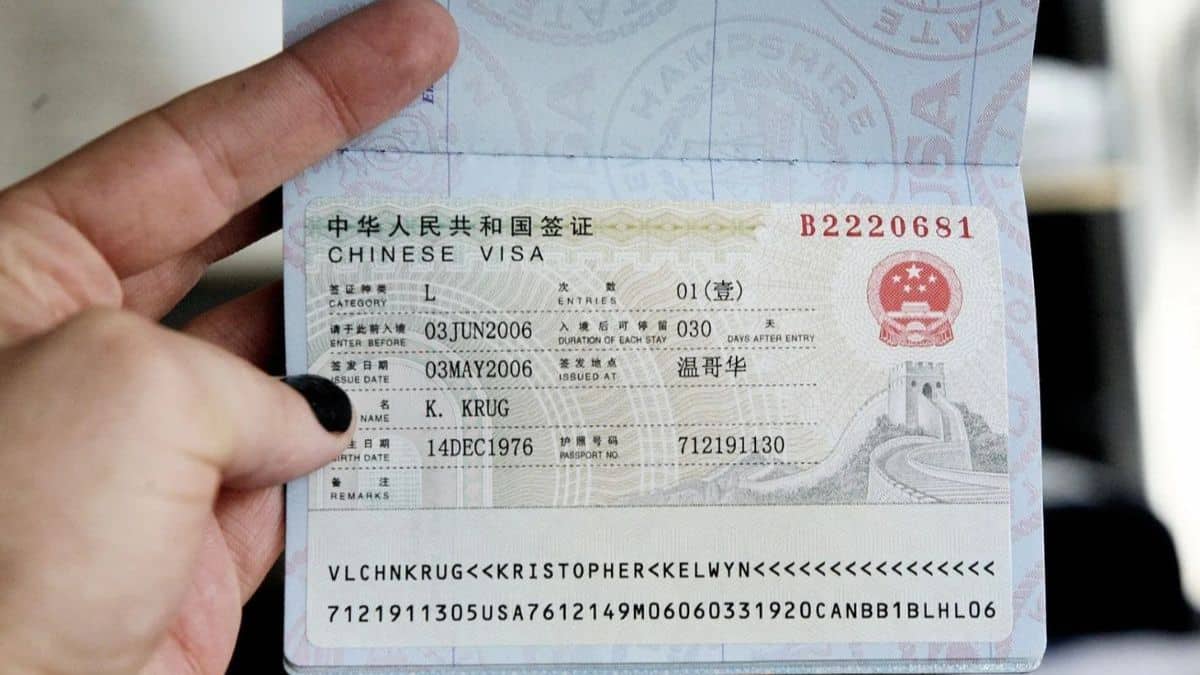China has taken a significant step towards embracing digitalization in its visa process with the issuance of its first electronic visa (e-visa) in Shanghai. This landmark development is aimed at simplifying travel procedures and promoting a more efficient, user-friendly system for international visitors. The introduction of the e-visa marks an important milestone in China’s ongoing efforts to modernize its administrative processes and enhance the overall travel experience.
The e-visa system allows applicants to complete the entire visa application process online, from submission to approval. This eliminates the need for physical visits to embassies or consulates, saving time and reducing the paperwork burden for travellers. The digital format is expected to streamline the processing of visa applications, making it quicker and more convenient for both tourists and business travellers.
The successful issuance of the first e-visa in Shanghai serves as a proof of concept for the broader rollout of the system across the country. This move is part of China’s broader strategy to attract more international visitors and boost its tourism and business sectors, which have been impacted by the global pandemic.
The e-visa system is designed with advanced security features to ensure the integrity and confidentiality of applicants’ information. It employs robust encryption methods and secure data storage to protect against unauthorized access and cyber threats. This emphasis on security reassures applicants that their data will be handled with the highest level of protection.
Furthermore, the e-visa initiative aligns with China’s digital transformation goals. The country has been investing heavily in digital infrastructure and technology to enhance various public services. The transition to a digital visa system is a natural extension of these efforts, showcasing China’s commitment to leveraging technology to improve efficiency and service delivery.
The introduction of the e-visa also reflects China’s recognition of the importance of facilitating travel in a post-pandemic world. By simplifying the visa process, China aims to make itself a more attractive destination for international travellers, thereby stimulating economic growth and cultural exchange.

